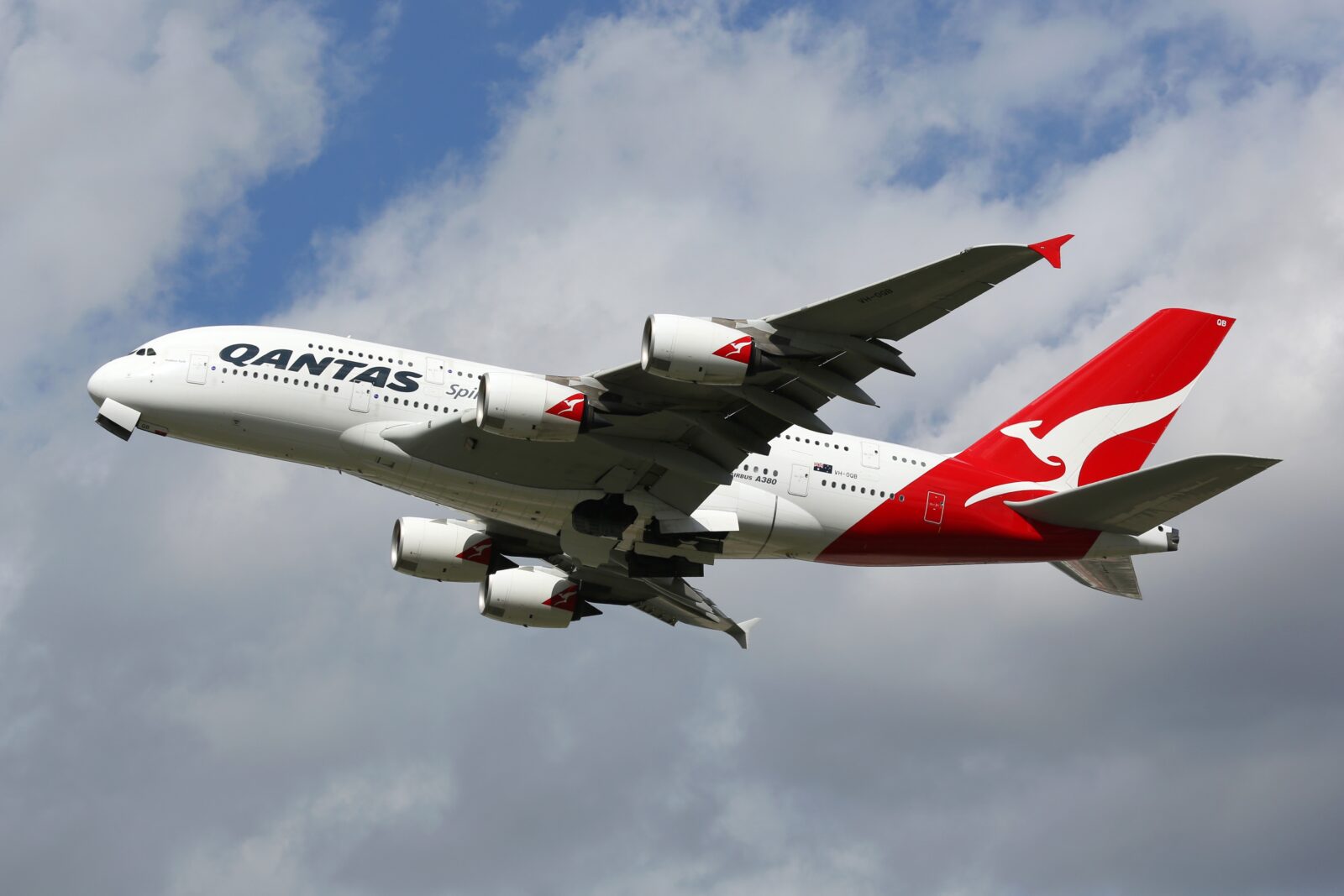Australian Flag Carrier Qantas Forced to Delay Flights Due to Falling Debris From Elon Musk’s SpaceX Rockets
- Qantas says it receives little prior notice of SpaceX re-entry sites in a remote region of the southern Indian Ocean.

Australian flag carrier Qantas says it has been forced to delay some flights between its Sydney hub and Johannesburg, South Africa, due to the risk of falling space debris from rockets used by Elon Musk’s SpaceX corporation.
The airline’s flight between Sydney and Johannesburg uses a rare and remote route across the southern Indian Ocean for the 11,044-kilometer flight, which regularly flies over the icebergs of Antarctica.
The routing is so remote that SpaceX has chosen the area as a favored re-entry zone for debris from its myriad rockets that launch Starlink satellites and other payloads.
Speaking to the Guardian, Ben Holland, the head of Qantas’s operations center, said that the airline received little prior notice from US authorities of the anticipated re-entry coordinates within the zone where the debris normally falls.
As a result, the airline has had no choice but to delay its QF64 flight from Johannesburg to Sydney on a number of occasions in the last few weeks.
“Over the past few weeks we’ve had to delay several flights between Johannesburg and Sydney due to advice received from the US Government regarding the re-entry of SpaceX rockets over an extensive area of the Southern Indian Ocean,” Holland explained.
On Monday, QF64 ended up departing Johannesburg nearly four hours late, and similar delays occurred on January 10, January 8, and December 23.
Holland added: “While we try to make any changes to our schedule in advance, the timing of recent launches have moved around at late notice which has meant we’ve had to delay some flights just prior to departure. Our teams notify customers of changes to their flight as soon as we know it will be impacted.”
Although Qantas does receive information about the location and timings of rocket re-entry, the airline has complained that this often comes with little notice and can change at the last minute.
Holland says the airline is now in talks with SpaceX “to see if they can refine the areas and time windows for the rocket re-entries to minimize future disruption to our passengers on the route.”
Related
Mateusz Maszczynski honed his skills as an international flight attendant at the most prominent airline in the Middle East and has been flying ever since... most recently for a well known European airline. Matt is passionate about the aviation industry and has become an expert in passenger experience and human-centric stories. Always keeping an ear close to the ground, Matt's industry insights, analysis and news coverage is frequently relied upon by some of the biggest names in journalism.







